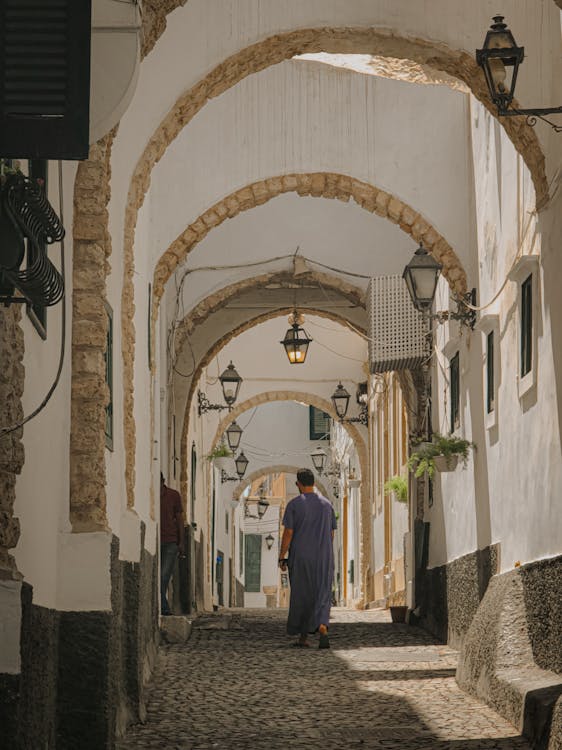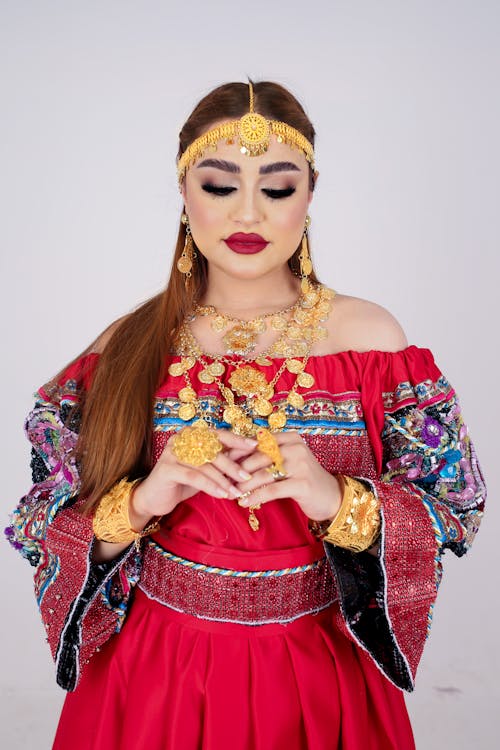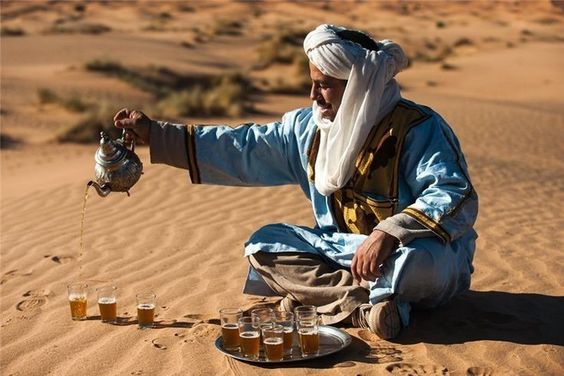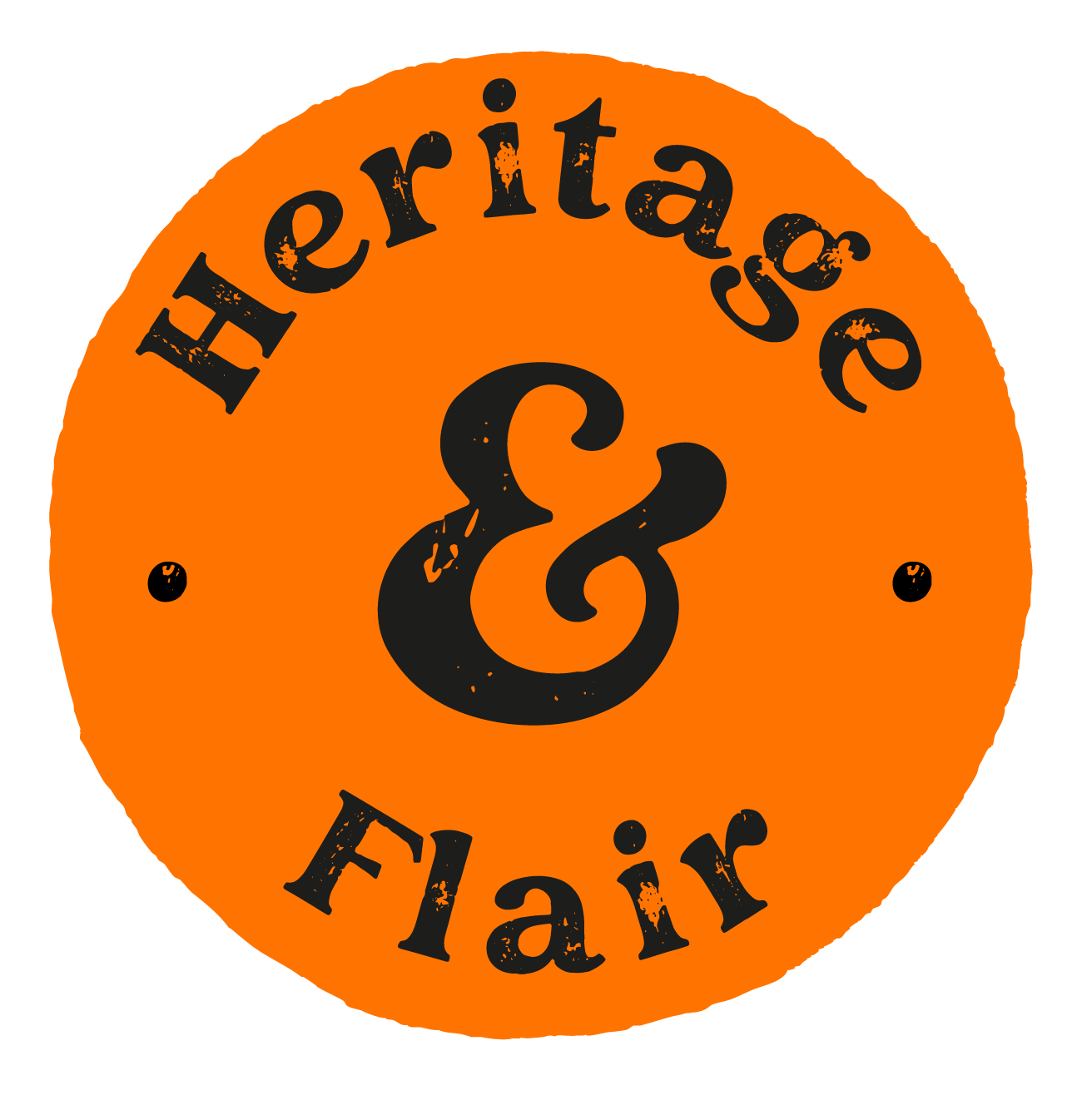
LIBYA
Libya is a country located in North Africa. It is bordered by Egypt to the east, Sudan to the southeast, Chad and Niger to the south, Algeria and Tunisia to the west, and the Mediterranean Sea to the north. The capital city, Tripoli, serves as Libya’s political and economic centre and is one of the country’s largest urban areas. Arabic is the official language, while Berber is also spoken, particularly by the indigenous communities. English and Italian are also understood in certain parts, especially among those working in tourism and business.
Libya’s history is one of the oldest in the world, with evidence of human settlements dating back thousands of years. It has seen a succession of great civilizations, including the Phoenicians, Carthaginians, Greeks, and Romans. The ruins of Leptis Magna and Sabratha are reminders of Libya’s place as a key city in the Roman Empire, showcasing impressive architecture and a rich cultural heritage.
Libya’s history is one of the oldest in the world, with evidence of human settlements dating back thousands of years. It has seen a succession of great civilizations, including the Phoenicians, Carthaginians, Greeks, and Romans.
The ancient city of Leptis Magna, a UNESCO World Heritage site, is one of the best-preserved Roman cities in the Mediterranean, showcasing impressive architecture and a rich cultural heritage.
In the 7th century, Libya became a center of Islamic civilization, and later, in the 20th century, it was colonized by Italy
Libya gained independence in 1951, becoming the Kingdom of Libya until 1969 when Colonel Muammar Gaddafi overthrew the monarchy. The 2011 Arab Spring uprising led to Gaddafi’s downfall, and since then, Libya has faced challenges . Despite this, Libya continues to rebuild and work toward a more stable and prosperous future.
Libya’s economy is heavily reliant on its vast oil reserves, which account for a significant portion of the government’s revenue. Efforts are being made to diversify the economy by investing in sectors such as agriculture, tourism, and manufacturing.
Culturally, Libya is a melting pot of Arab, Berber, and Mediterranean influences. Traditional music, such as Malouf, and folk dances are integral to Libyan culture. The country’s cuisine is a delightful blend of Mediterranean and North African flavors, with dishes like couscous, bazin, and shakshuka being popular.
Libyan cuisine features a mixture of Mediterranean, North African, and Arab flavors. Dishes like couscous, shakshouka, and bazeen are staples, often accompanied by olive oil, dates, and mint tea. The country’s traditional arts, such as weaving, pottery, and jewelry-making, also reflect its deep cultural roots.
Hidden Insights: Uncovering Liberia
1. Leptis Magna: This ancient Roman city, located near the coast, is one of the most well-preserved archaeological sites in the Mediterranean. Its grand architecture, including the amphitheater, basilica, and market, offers a glimpse into the grandeur of the Roman Empire.
2. Ghadames: Known as the “Pearl of the Desert,” this oasis town is famous for its unique mud-brick architecture and labyrinthine streets. Ghadames is a UNESCO World Heritage site and a testament to the ingenuity of its Berber inhabitants.
3. Tadrart Acacus: Located in the southwestern part of Libya, this UNESCO World Heritage site is famous for its prehistoric rock art, which dates back more than 12,000 years. The region’s stunning landscapes, with its towering sand dunes and unique rock formations, are a natural marvel.
4. The Sahara Desert: Libya is home to a significant portion of the Sahara Desert, offering vast, unspoiled desert landscapes. From the towering sand dunes of the Ubari Sand Sea to the oases of Ghadames and Awbari, the desert is both a harsh and awe-inspiring environment.

Photo by Jordan Mcgee

Photo by Christian Jaberg
Capital City: Tripoli
Population: 7,361,263
Nationality: Libyan(s)
Location: North Africa
Languages: Arabic (official), Italian, English (all widely understood in the major cities); Tamazight (Nafusi, Ghadamis, Suknah, Awjilah, Tamasheq)
Religion: Muslim (official; virtually all Sunni) 96.6%, Christian 2.7%, Buddhist <1%, Hindu <1%, Jewish <1%, folk religion <1%, other <1%, unaffiliated <1% (2020 est.)
Area Total: 1,759,540 sq km
Liberia Embassy/High Commission in UK
Address:
15 Knightsbridge
London
SW1X 7LY
United Kingdom
Website:
www.lbbc.org.uk/
Correcting The Map: The True Size Of Africa
The Mercator Projection downplays the size of Global South continents as it makes the Global North look larger
Heritage: What shapes us?
When heritage is mentioned, our minds often leap to the spectacular and the visible: the grandeur of world heritage sites, the majesty of traditional attire, the vibrant swirl of dances and festivals, or the melodies of mother tongues. These are the showpieces of...
HER-itage: Africa’s Phenomenal Queens And Leaders
Honouring and celebrating the incredible contributions of women throughout African history. These remarkable women have shaped nations, led revolutions, and stood against oppression with unwavering resilience. These queens, warriors, and visionaries broke barriers,...
